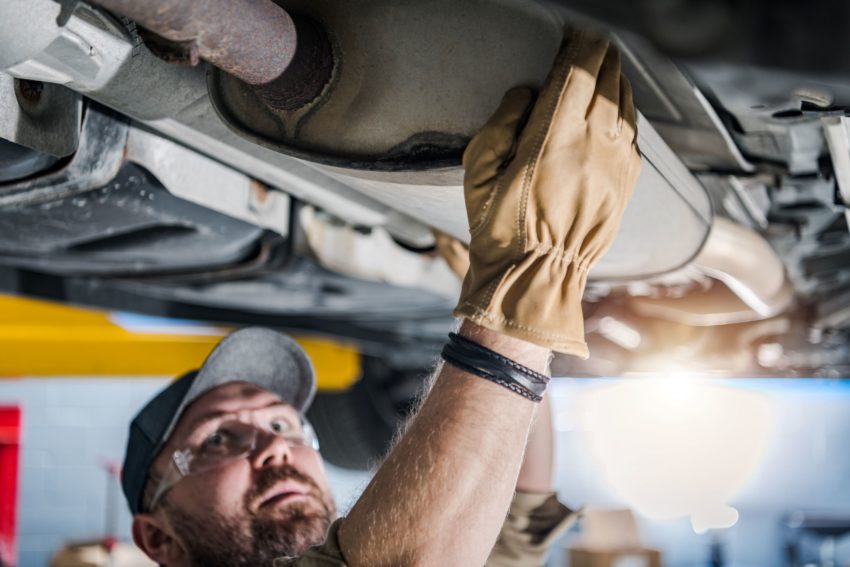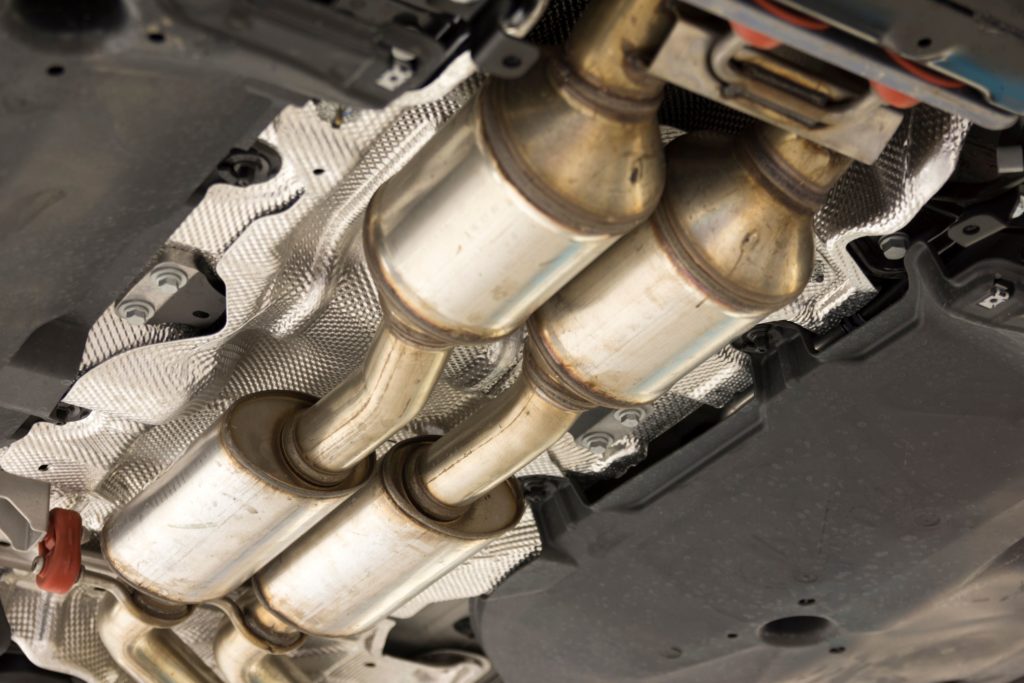
Are you familiar with your car’s catalytic converter? Did you know they require upkeep too? Most drivers and owners need more knowledge to keep their catalytic converters in good working order. However, if you get regular checks for your converter, you can keep it working for a long time.
According to recent research, the price of rhodium, a key component in producing catalytic converters, has steadily increased over the past few years. This price increase can lead to a rise in the cost of replacing your vehicle’s converter. The high prices only highlight the need to service your car’s catalytic converter regularly.
Maintaining your catalytic converter is as essential to your vehicle’s exhaust system’s long-term health as changing the engine’s oil. Read on for a quick overview of what a catalytic converter is and how to take good care of it for your car’s longevity and performance.
Overview Of Catalytic Converters
Knowing how your converter is supposed to work and where you can find it will help you when it’s time to learn more about maintenance recommendations. Your car’s exhaust system will only be complete with a catalytic converter.
For starters, you can find it between the exhaust manifold and the tailpipe in the middle of the system. Platinum, rhodium, and palladium are just a few of the precious metals used to build catalytic converters. These metals and a series of chemical reactions transform your vehicle’s exhaust gases into safer gases like carbon dioxide.
Driving your automobile is unsafe if the catalytic converter isn’t working correctly and won’t pass the emissions test. That’s why you should start understanding the role of your cat converter and learn how to care for it. That way, you can save a significant chunk of money and hassle replacing it.
Tips To Maintain Your Catalytic Converter
Car manufacturers design catalytic converters to survive a vehicle’s lifespan and beyond. In addition, cat converters are recyclable after scrapping a car. Here are five tips you can do to preserve your converter until you sell or scrap your car or can afford to replace it:
- Avoid Oil Fouling
Engine oil should never make its way into the catalytic converter, period. In this case, oil deposits can form in the converter, blocking the tiny openings through which the exhaust typically passes. The converter’s efficiency drops, and its vulnerability to damage increases due to the decreased flow rate.

Problems with your engine typically cause oil to enter the exhaust system. Oil can leak into the combustion chamber if the pistons or valve seals are faulty or functioning incorrectly. If your car’s exhaust is blue, it may have an oil leak. You need to check your vehicle immediately if the exhaust has a bluish hue.
- Check The EGR Valve Regularly
Your engine’s exhaust system would only be complete with the exhaust gas recirculation (EGR) valve. An EGR valve in your engine recycles part of the spent fuel-air mixture back into the engine’s combustion process. This process helps you save fuel that would have burned up in the exhaust.
The EGR valve assists in keeping fuel economy high. Moreover, it contributes to a more controllable combustion temperature. Nitrogen oxides are dangerous, but your vehicle will emit less if the combustion temperature is optimal.
If the EGR valve doesn’t work, combustion temps can rise, making the exhaust gasses more toxic. At these temperatures, catalytic converters can melt from the inside out, rendering them ineffective and preventing them from purifying the exhaust. A buildup of junk, hose rupture, and air leakage are all potential threats to the EGR valve.
- Only Use Recommended Fuel, Lubricants, And Additives
Never settle for cheap fuel. Lower-quality fuel lowers converter performance and can harm the environment. You should always fill up your car with fuel the manufacturer specified in the manual. Also, only use lubricants and gasoline additives authorized by the carmaker.
When burned, components in incompatible lubricants and additives can produce byproducts harmful to your converter.
- Regular Maintenance Dates
Perform maintenance on your car at the recommended intervals. Make sure everything is working correctly, especially the engine. Inadequate engine maintenance can lead to breakdowns and soot buildup, which prevent and hinder the catalytic converter’s job.
Hopefully, these five suggestions can help you save money by properly caring for your car’s catalytic converter. Knowing any issues and taking necessary action as soon as possible can increase your car’s longevity. Your vehicle and your wallet will thank you for it.
In Other Words
Avoid losing hard-earned cash by practicing preventative maintenance for your vehicle. Always pay attention to necessary auto repairs and keep an eye on your warning lights and other indicators. You’ve noticed the Check Engine, Service Engine light has come on, or you suspect you have a problem with your catalytic converter. Get your vehicle to your mechanic immediately to avoid any long-term issues.